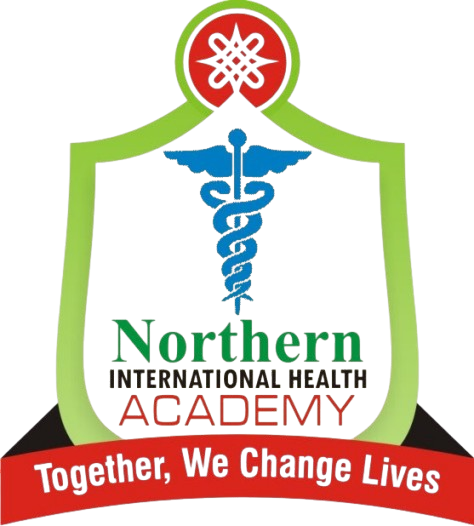Behind every accurate diagnosis and successful treatment lies the work of a medical laboratory. Whether it’s detecting malaria parasites, testing blood sugar levels, or confirming an infection, Medical Laboratory Technicians (MLTs) play a silent but indispensable role in healthcare. While doctors and nurses often take the spotlight, laboratory technicians work tirelessly behind the scenes, ensuring that patients get the right diagnosis at the right time.
In Nigeria, where communicable and non-communicable diseases remain a major public health challenge, MLTs are frontline warriors in early disease detection. Their skills help save lives, reduce misdiagnoses, and support effective treatment.
Who Are Medical Laboratory Technicians?
Medical Laboratory Technicians are trained health professionals who collect, process, and analyze biological samples such as blood, urine, and tissue. They operate sophisticated laboratory equipment and ensure that test results are reliable and accurate.
At NIHAZ, MLT students are trained to bridge the gap between theory and practice, learning how to apply scientific knowledge in real healthcare settings. Their work forms the foundation for diagnosis, monitoring, and disease prevention.
Why Early Detection Matters
Early disease detection can mean the difference between life and death. For instance:
Detecting malaria parasites early allows for timely treatment and prevents complications.
Screening for HIV ensures that patients begin treatment before the immune system is severely damaged.
Identifying diabetes early helps patients manage their lifestyle and avoid long-term complications.
Spotting tuberculosis (TB) cases quickly prevents further spread within communities.
Without accurate lab tests, these diseases might go unnoticed until it is too late, leading to unnecessary suffering and higher healthcare costs.
Key Roles of MLTs in Early Disease Detection
Diagnostic Testing
MLTs perform laboratory tests that help doctors confirm or rule out specific illnesses. For example, a simple blood test can reveal infections, anemia, or abnormal sugar levels.
Screening Programs
In public health, MLTs support nationwide screening campaigns—such as those for sickle cell, hepatitis, or HIV—helping identify cases early before symptoms become severe.
Supporting Disease Surveillance
MLTs contribute to the tracking of disease outbreaks. During epidemics like Lassa fever or COVID-19, their work is central to identifying cases and curbing spread.
Quality Assurance in Healthcare
Without accurate lab results, doctors may prescribe the wrong treatment. MLTs ensure that laboratory processes meet quality standards, giving confidence to both doctors and patients.
Research and Innovation
Some MLTs engage in applied research, helping to develop new testing methods and contributing to medical advancements that improve healthcare delivery.
Challenges Facing Laboratory Services in Nigeria
Despite their importance, laboratory services in Nigeria face challenges such as:
Inadequate infrastructure and modern equipment.
Shortage of skilled professionals in rural areas.
Limited awareness among patients about the importance of laboratory testing.
Underfunding of healthcare systems.
Institutions like NIHAZ are working hard to address these gaps by producing competent MLT graduates who can raise the standard of laboratory practice in Nigeria.
How NIHAZ Prepares Future MLTs
The Northern International Health Academy Zaria (NIHAZ) offers a comprehensive Medical Laboratory Technician program designed to prepare students for real-world challenges. Students are trained in:
Laboratory techniques and equipment handling.
Diagnostic testing for common and emerging diseases.
Safety procedures to protect themselves and patients.
Ethical standards in laboratory practice.
Through a blend of classroom teaching, laboratory practice, and clinical attachments, NIHAZ ensures graduates are well-rounded, skilled, and employable.



Comments